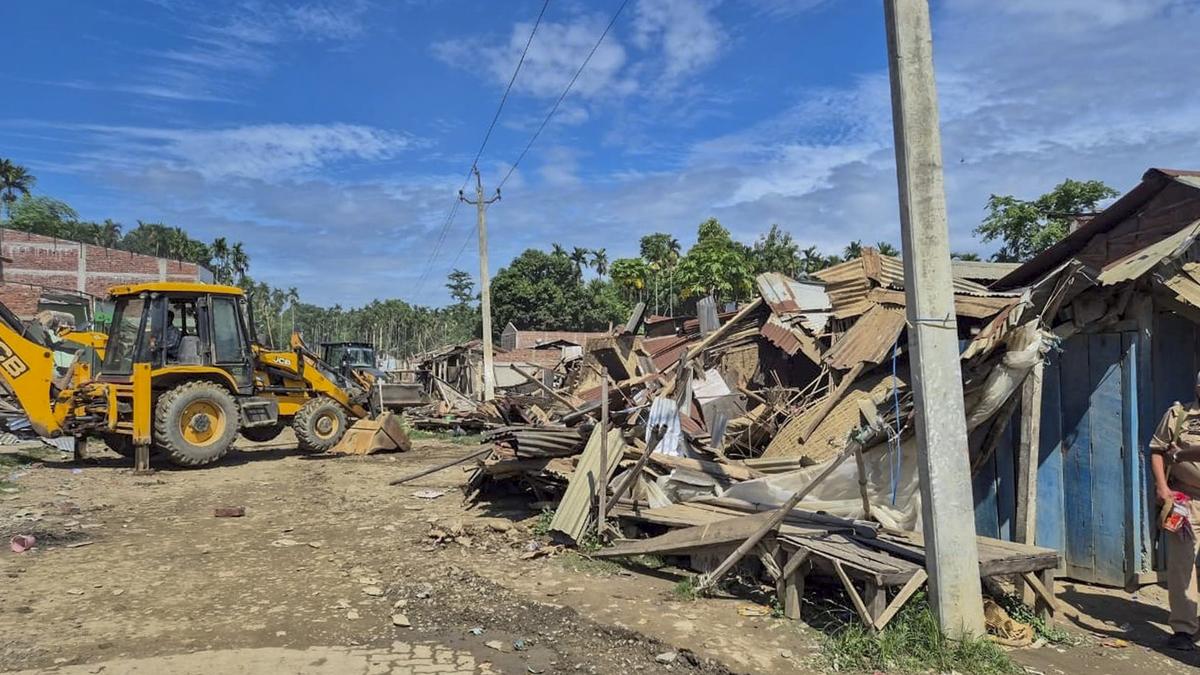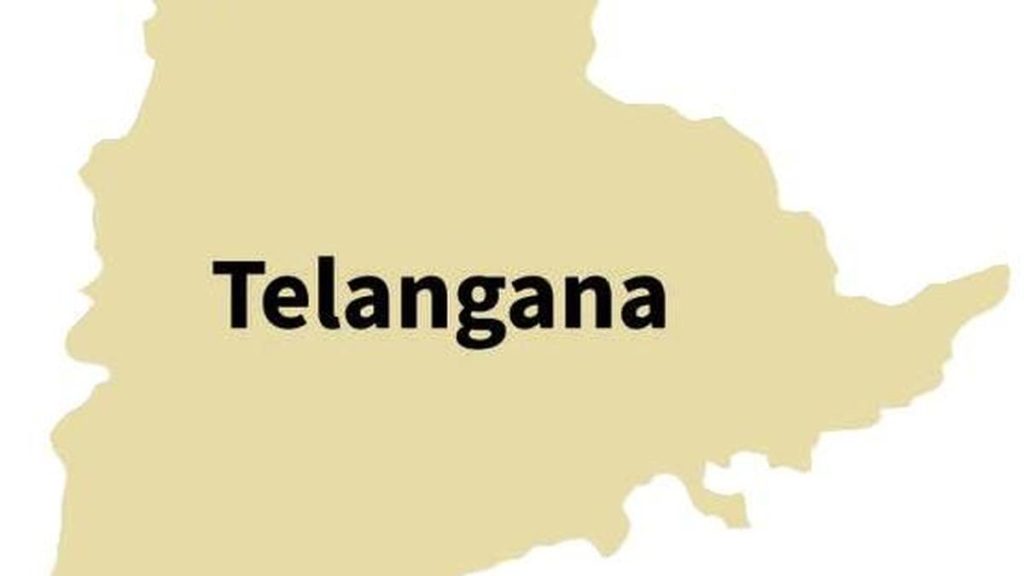Now Reading: Assam Launches Eviction Drive to Reclaim Forest Land Near Nagaland Border
-
01
Assam Launches Eviction Drive to Reclaim Forest Land Near Nagaland Border
Assam Launches Eviction Drive to Reclaim Forest Land Near Nagaland Border

Speedy Summary
- The Assam government has initiated an eviction drive in Uriamghat, Golaghat district, to clear 11,000 bighas (about 3,600 acres) of encroached land in the Rengma Reserve Forest.
- The forest shares a border with Nagaland and has seen demographic shifts due to illegal settlements over time.
- Over 150 excavators were deployed with police and Assam Forest Protection Force personnel ensuring law and order. Most settlers vacated prior to demolition after receiving government notices.
- Inspector-general of Police Akhilesh Kumar Singh reported peaceful operations and local support for the exercise.
- A Forest Department official disclosed that more than 20% of the reserve forest has been cleared so far.Around 15,000 migrant settlers occupied notable portions of the area previously.
- Assam chief Minister Himanta Biswa Sarma affirmed public support for reclaiming encroached lands, attributing encroachments to demographic alteration by illegal settlers.
- Tensions exist between Assam and Nagaland regarding ancestral claims on parts of borderland forests tied to decades-old territorial disputes.
- A faction from the National Socialist Council of nagaland alleged that the evictions aim to take over Naga ancestral lands after encouraging illegal immigrant settlements initially.
Indian Opinion Analysis
The eviction drive signals a strong policy move by the Assam government directed at reclaiming ecological spaces designated as protected reserves while addressing demographic imbalances stemming from unauthorized settlement. While state officials lauded local cooperation during operations and avoided immediate unrest, deeper inter-state boundary tensions may persist due to claimed ancestral ties on contested regions bordering Nagaland. Past context shows complexities rooted not only in migration but also decades-long Assam-Nagaland disputes over land jurisdiction.
In reclaiming these areas through mass evictions-estimated at tens of thousands already displaced-the government faces balancing environmental priorities with humanitarian considerations amid accusations levied by neighboring political factions about manipulation or long-term strategies involving migrant populations. Moreover, operational success could set precedents affecting national perspectives toward handling similar cases relating both internal migration issues alongside preserving tribal autonomy amidst territorial instability.
For further details: Read More

























